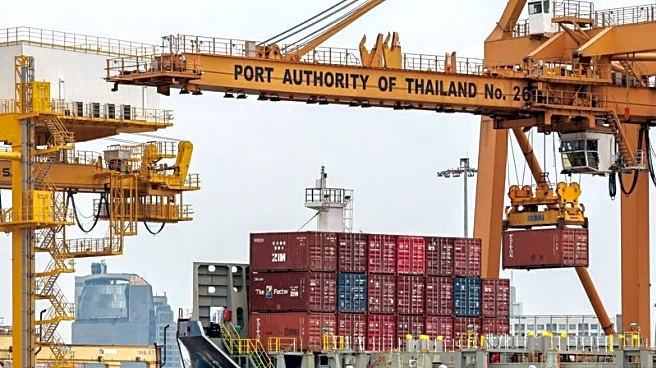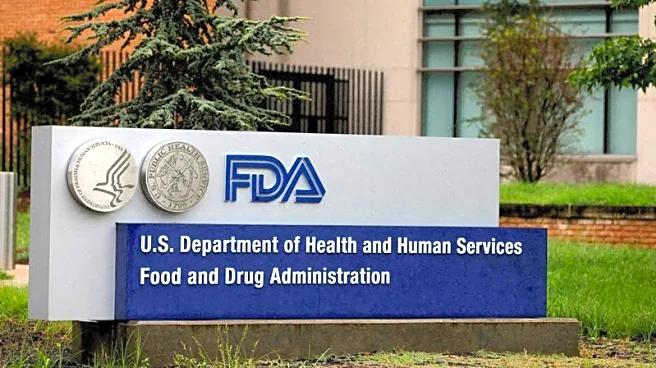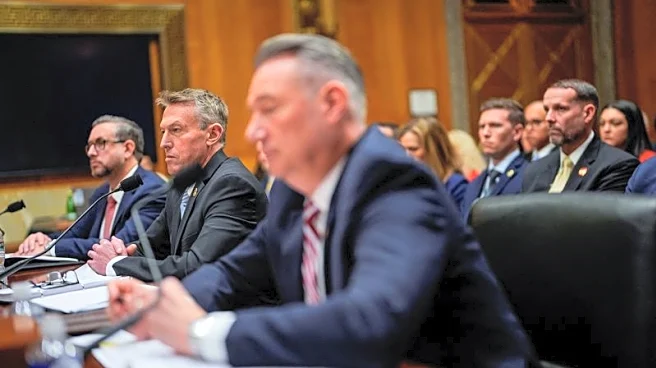By Kitiphong Thaichareon and Thanadech Staporncharnchai
BANGKOK (Reuters) -Thailand will set up a special task force in October to manage millions of certificates of origin expected to be required under
new trade rules being negotiated with the United States, a Thai official said, as Washington scrutinises transshipment practices.
Southeast Asian countries, including Thailand and Vietnam, have been singled out by Washington for facilitating transshipment to the United States of Chinese goods without adding value, which would face higher tariffs if shipped directly from China.
The United States reduced its tariff on Thai imports to 19%, after initially proposing a 36% levy, but in a global executive order said products suspected of being rerouted to conceal their origin could face additional duties of 40%.
So far, the Trump administration has not clarified what constitutes transshipment, and discussions are ongoing on new rules for regional value content, a measure of the proportion of a product's value originating from within a specific region or country.
The implementation of new rules as part of the fresh tariff structure will lead to a massive surge in issuance of certificates of origin, which will be handled by a new 50-member task force, said Arada Fuangtong, head of Thailand's Department of Foreign Trade.
"We need to prepare additional staff, develop a new system to accommodate the changes, and create a separate workflow specifically for the United States," she told Reuters. "This should not disrupt exports".
Thailand last year exported goods worth $55 billion to the U.S., accounting for 18.3% of total shipments.
With the new rules, the number of certificates of origin - a key document that specifies the country of origin of a product - for exports to the U.S. could jump from 70,000 per year to millions annually, Arada said.
Those were previously also issued by the Thai Chamber of Commerce and the Federation of Thai Industries.
Currently, such certificates are required only for products under scrutiny for false claims of origin, but the new rules are expected to cover all goods shipped to the United States and expand the scope of assessments, including product origin, costs and local content, Arada said.
The establishment of the Thai task force and the scale of certificate issuance it will need to handle have previously not been reported.
BOTTLENECKS
Keeping this channel smoothly functioning is crucial as the U.S. is Thailand's largest export market and is of outsized importance, especially with the economy struggling and the government in upheaval following the ouster of Prime Minister Paetongtarn Shinawatra last week.
There are already concerns that the huge amount of certificates required might slow trade, said Suparp Suwanpimonkul, vice chairman of the Thai National Shippers' Council. "We are worried about potential bottlenecks," he said.
Thailand has emerged as a major transshipment hub in recent years, while it has also drawn large Chinese investments. China is the largest import market for Thailand, which last year imported Chinese goods worth $80 billion, or 26.3% of the total.
Thai industries, including solar panels and electronic components, rely on roughly 40% of imported materials from China, said Pawat Sawaengsat, an economist at SCB Economic Intelligence Center.
"Thailand is often viewed as a production base or a transit point for goods from China," he said, adding Thai shipments to the U.S. had risen rapidly since a trade war in 2018 that saw more Chinese investments in Southeast Asia's second-largest economy.
Although a final agreement on the rules will require further discussions with U.S. officials, Thailand has compiled detailed data on local content for various industrial product groups as the new regulations will assess both local and imported materials, Arada said.
Last week, Finance Minister Pichai Chunhavajira said he expected the new rules to have a limited impact on Thai exports to the U.S. as local content is expected to be less than 50%, but he was worried about proportions from third countries.
U.S. customs guidance states that repackaging does not typically constitute a "substantial transformation," but assembly could, depending on the complexity of operations. It remains unclear how strictly this interpretation will be enforced across countries.
Until the new rules are finalised, Thailand's foreign trade department will be the sole agency issuing the certificates, Arada said, and monitoring for transshipment remains active.
(Reporting by Kitiphong Thaichareon and Thanadech Staporncharnchai; Writing by Orathai Sriring; Editing by Devjyot Ghoshal and Jacqueline Wong)










